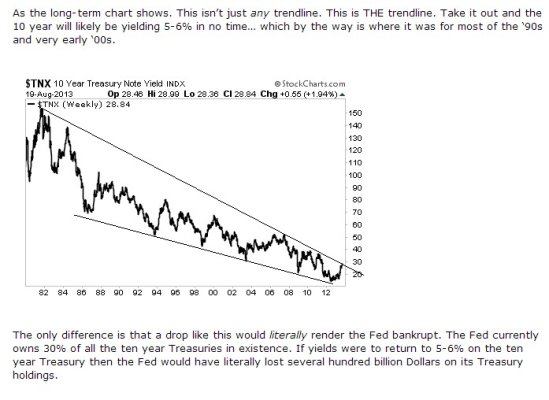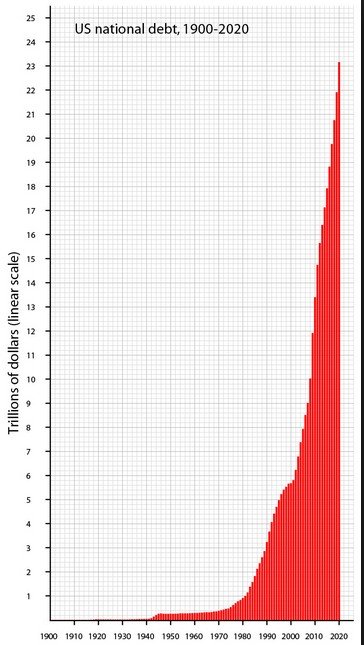Instead of offering up a discussion point about the Stock Market and the future of investments, I'd like to throw out the general subject of interest rates to see what our brain trust here on ER, thinks about how interest rates will affect the near term and long term position of those of us who have already retired.
The ambient "news noise" for the prospects of a change in the position of the FED, re easing, is generating headlines and speculation that is rapidly growing in the media. Some recent bank stress tests are causing rumbles of nervousness, and the Treasury is looking at different parts of the financial system for weaknesses that have been on hold for a few years.
The expression "hair on fire" describes some of the "experts" who are projecting disaster... as well as those who insist on a new bull market "floor".
No one really knows, but since I respect the views of many long time members and the success they have that allowed them to retire already, or who have retirement in their sights... I'd be very interested in thoughts about the current market, and whether there is more or less confidence for the longer term, let's say ten years.
... or perhaps the Interest Rate factor isn't going to be as important as most of the media pundits seem to be saying.
The ambient "news noise" for the prospects of a change in the position of the FED, re easing, is generating headlines and speculation that is rapidly growing in the media. Some recent bank stress tests are causing rumbles of nervousness, and the Treasury is looking at different parts of the financial system for weaknesses that have been on hold for a few years.
The expression "hair on fire" describes some of the "experts" who are projecting disaster... as well as those who insist on a new bull market "floor".
No one really knows, but since I respect the views of many long time members and the success they have that allowed them to retire already, or who have retirement in their sights... I'd be very interested in thoughts about the current market, and whether there is more or less confidence for the longer term, let's say ten years.
... or perhaps the Interest Rate factor isn't going to be as important as most of the media pundits seem to be saying.



 . Let me know if anyone is interested.
. Let me know if anyone is interested.